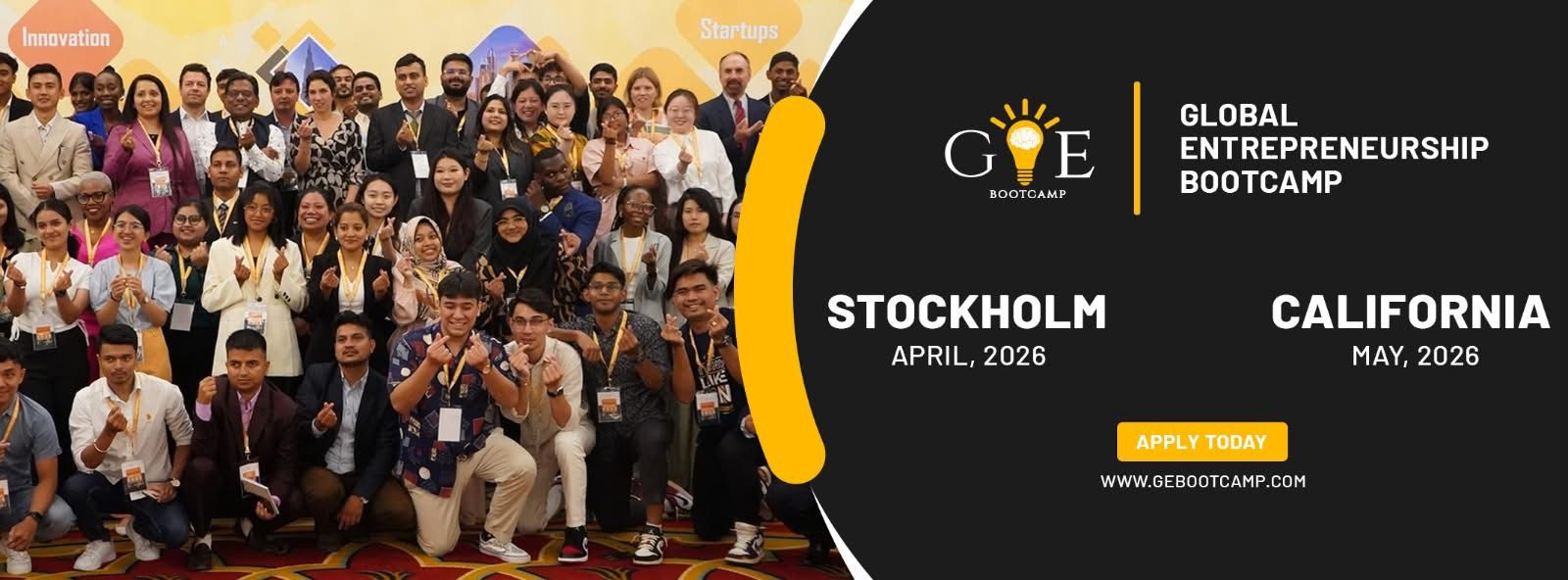The Open Doors Fellowship Program 2024/25 for women researchers in Africa is a holistic program that targets women researchers in Africa to help them acquire the necessary hard and soft skills to strengthen their placements within their hosting institutions and ultimately, avoid dropping out before their consolidation stage.
The ODFP is intended for female post-doctoral and mid-career researchers who work in African international research institutions and do agricultural research. The goal of our programme is to prevent mid-career researchers from leaving the scientific pipeline and to help them consolidate. As a result, the programme is specifically designed to meet the training needs of our participants, offering a rewarding, supportive, and empowering learning environment through its innovative conception and execution.
The course is divided into two sections. Through a fully-funded, three-month short research stage, fellows broaden their research horizons and strengthen their scientific network in Belgium during Phase 1 (1-4 months). This phase takes place in a lab where fellows can use equipment that isn’t available in Africa and pick up new skills and procedures that will help them advance their study more quickly. However, the goal of our programme is to proactively establish connections between Belgian laboratories and ongoing African research in order to foster mutual learning and long-term, fruitful partnerships. In order to do this, several projects overseen by IPBO are used to continue North-South and South-South interactions amongst the labs beyond this stage.
Check: Mountain Photo Essay Competition 2024
Along with their Belgian counterparts, the fellows take courses in public speaking, cross-cultural communication, and how to submit competitive project proposals under the EU Horizon financing initiative while they are in Belgium.
Phase 2: After returning to Africa, our fellows can customise their training programme over a 16-month period by selecting six courses from the VIB training online portfolio. These courses cover coaching, hard skills, and soft skills. In addition, the training programme contains modules on self-leadership, project management, and negotiation skills to enable our beneficiaries advance their careers with greater assurance.
Also Check: 2024 Professional Fellows Program – Advancing Young Women
Benefits for Doors Fellowship Program 2024/25
- The program supports fellows’ scientific and public visibility because if research outputs are not visible, the fellows aren’t either.
- To this end, participants receive training on scientific communication and financial incentives to attend congresses and open-access publication fees.
Eligibilities
Applicants have to be women researchers fulfilling all the following criteria:
- Applicants are post-doc female scholars (minimum one year after defending their PhD) or in mid-career positions who experience challenges to progress in their career path due to limited access to training, infrastructure and international networks. There are no age limits.
- Scholarship candidates should be national and resident in one of the VLIR- UOS scholarship countries (Benin, Burkina Faso, DR Congo, Ethiopia, Kenya, Rwanda, Senegal, South Africa, Tanzania or Uganda); or employee of a target organization in one of these countries (candidates exceptionally can have a different nationality). This requirement is not applicable for the Slot Water and Oxidative Stress Resistance (Slot Identification Number: ODF_06).
- Applicants’ research fields must be plant breeding, agrobiotechnology, molecular biology and genetics, microbiology, chemical ecology, plant & soil health, livestock or aquaculture.
- Applicants must have an active employment contract in a High Education institution or an (inter)national research centre in any of the countries listed above for the duration of the fellowship (20 months), where they conduct research and teach.
- Applicants are supervising MSc or PhD students and supporting staff.
Eligible Regions: Benin, Burkina Faso, DR Congo, Ethiopia, Kenya, Rwanda, Senegal, South Africa, Tanzania and Uganda.

